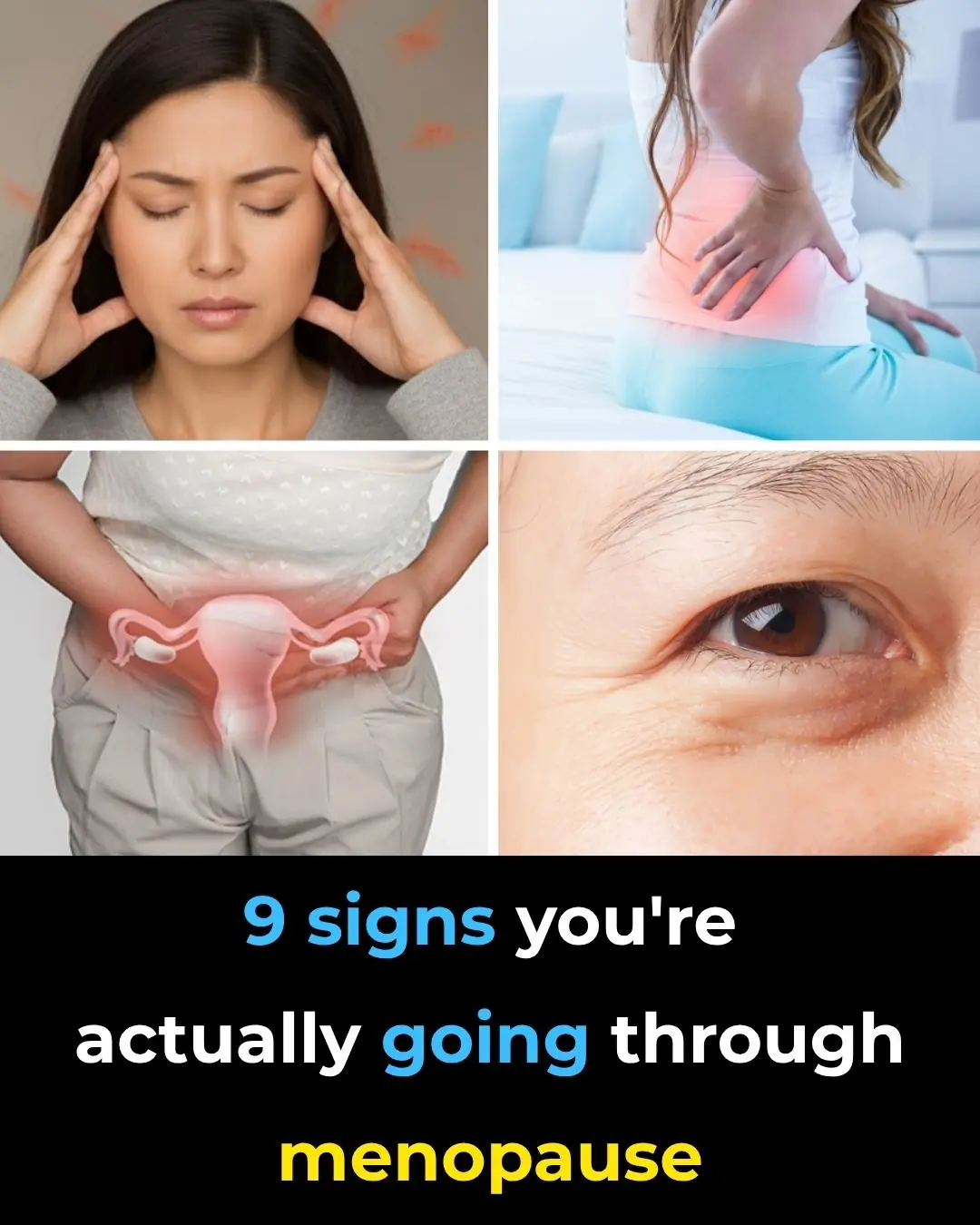
For those who sleep without socks, you should see this...
💤 What Happens When You Sleep Without Socks
(And Why That Might Be Affecting Your Sleep)
Most people don’t give much thought to their feet before bed — but it turns out that whether or not you sleep with socks can impact how quickly and how well you fall asleep.
While going sockless isn’t dangerous, it can influence your body temperature, sleep cycle, and overall rest quality — especially if your feet tend to get cold.
Let’s break it down.
❄️ Sleeping Without Socks: What Happens?
Your body naturally begins to cool down as part of the sleep process. This temperature drop helps trigger the release of melatonin, the hormone that makes you feel sleepy.
But here’s the problem:
If your feet are cold, your blood vessels constrict (a process called vasoconstriction), which slows down heat distribution across your body. That can lead to:
-
🕒 Trouble falling asleep
-
💢 Restless legs or nighttime cramps
-
🌙 Interrupted sleep due to discomfort
-
🧊 Poor circulation, especially in people with diabetes or consistently cold extremities
In short, cold feet keep your body in “alert mode” instead of allowing it to fully relax. Your brain senses the discomfort and delays the transition into deep, restorative sleep.
🧦 Benefits of Sleeping With Socks
Wearing light, breathable socks at night might seem like a small thing — but it can have surprising benefits:
-
✅ Helps you fall asleep faster
Studies suggest people fall asleep up to 15 minutes sooner with warm feet. -
🩸 Improves circulation
Warmth encourages blood vessels to dilate (vasodilation), improving blood flow throughout the body. -
🌡️ Regulates overall body temperature
Especially useful for women who experience hot flashes or night sweats. -
💤 Improves sleep quality
You’re less likely to wake up from temperature shifts or cold feet in the middle of the night.
⚠️ When Sleeping Without Socks is Perfectly Fine
If you:
-
Live in a warm or tropical climate
-
Naturally have warm feet
-
Tend to sweat a lot during sleep
…then going barefoot at night is totally fine — as long as your feet stay comfortably warm and dry.
Tips for barefoot sleepers:
-
Place a light blanket at the end of your bed
-
Massage your feet before bed to boost circulation
-
Keep the bedroom cool but not cold — 18–20°C (64–68°F) is ideal
🧘 Best Practices for Better Sleep
Whether you're a sock-sleeper or not, here’s a bedtime routine to help you fall asleep faster and wake up refreshed:
1. Avoid screens 30–60 minutes before bed
The blue light from phones and TVs messes with melatonin production.
2. Keep your room cool and dark
Ideal sleeping temperature: 18–20°C (65–68°F)
3. Drink something calming
Try warm milk, chamomile tea, or lavender tea to soothe your body and mind.
4. Do something relaxing
Read a physical book, stretch gently, or listen to calming music.
5. Stay consistent
Go to bed and wake up at the same time every day — even on weekends.
6. Avoid heavy meals, caffeine, and alcohol before bed
These can disrupt your sleep or cause nighttime discomfort.
🧦 Sock-Wearing Tips
If you decide to try wearing socks to bed:
-
Use thin, soft cotton or wool socks
-
Avoid tight or restrictive socks (they can reduce circulation)
-
Keep feet clean and dry before slipping them on
💡 Summary
Sleeping without socks isn’t harmful, but if your feet tend to get cold, it can interfere with your body’s ability to fall and stay asleep.
Wearing socks can:
-
Help your body relax faster
-
Improve circulation
-
Promote deeper, more restful sleep
As with most things in wellness, it’s about comfort, consistency, and listening to your body. Try both methods, see how you feel, and let your toes decide!
News in the same category

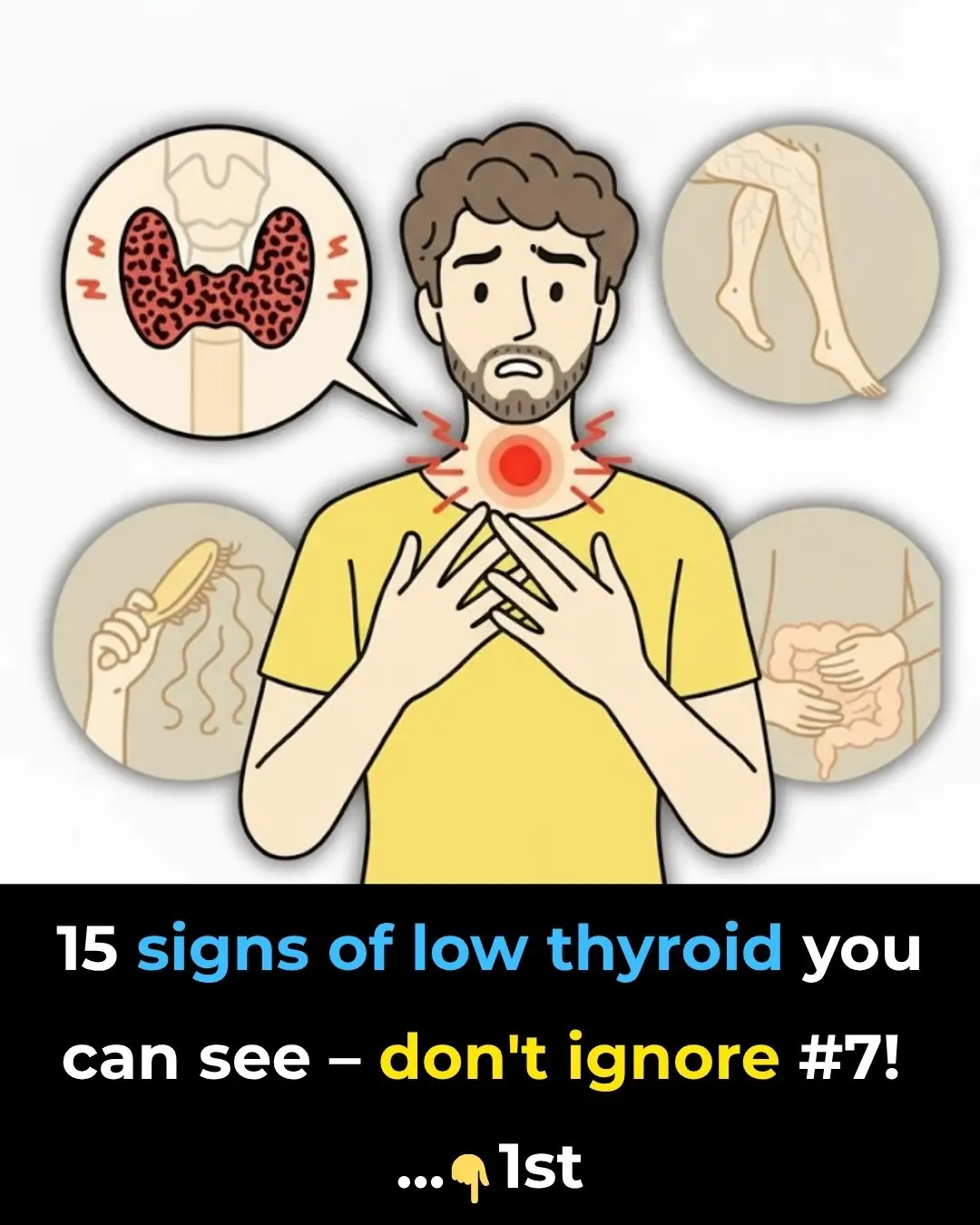
15 visible signs of low thyroid you can see – don’t ignore #7!

The 30-second ear shake trick: try it and see shocking results

8 Foods To Avoid With Enlarged Prostate

Drink This Homemade Syrup To Help Loosen Up Chest Phlegm and Expel It Out of Your Body

The Real Reason To Drink Lemon Water Revealed

Doctor Reveals One Personal Item You Shouldn’t Risk Sharing

Vitamin B12 Deficiency Can Wreck Your Health Here’s How to Spot It EARLY

SEVEN TYPES OF PAIN DOCTORS SAY ARE MAJOR RED FLAGS FOR YOUR HEALTH
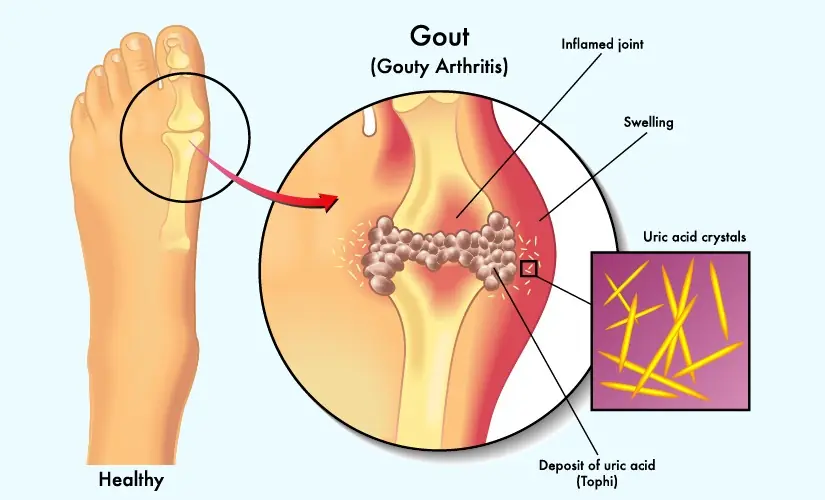
THE NATURAL SECRET DOCTORS NEVER TELL YOU THAT MELTS AWAY URIC ACID
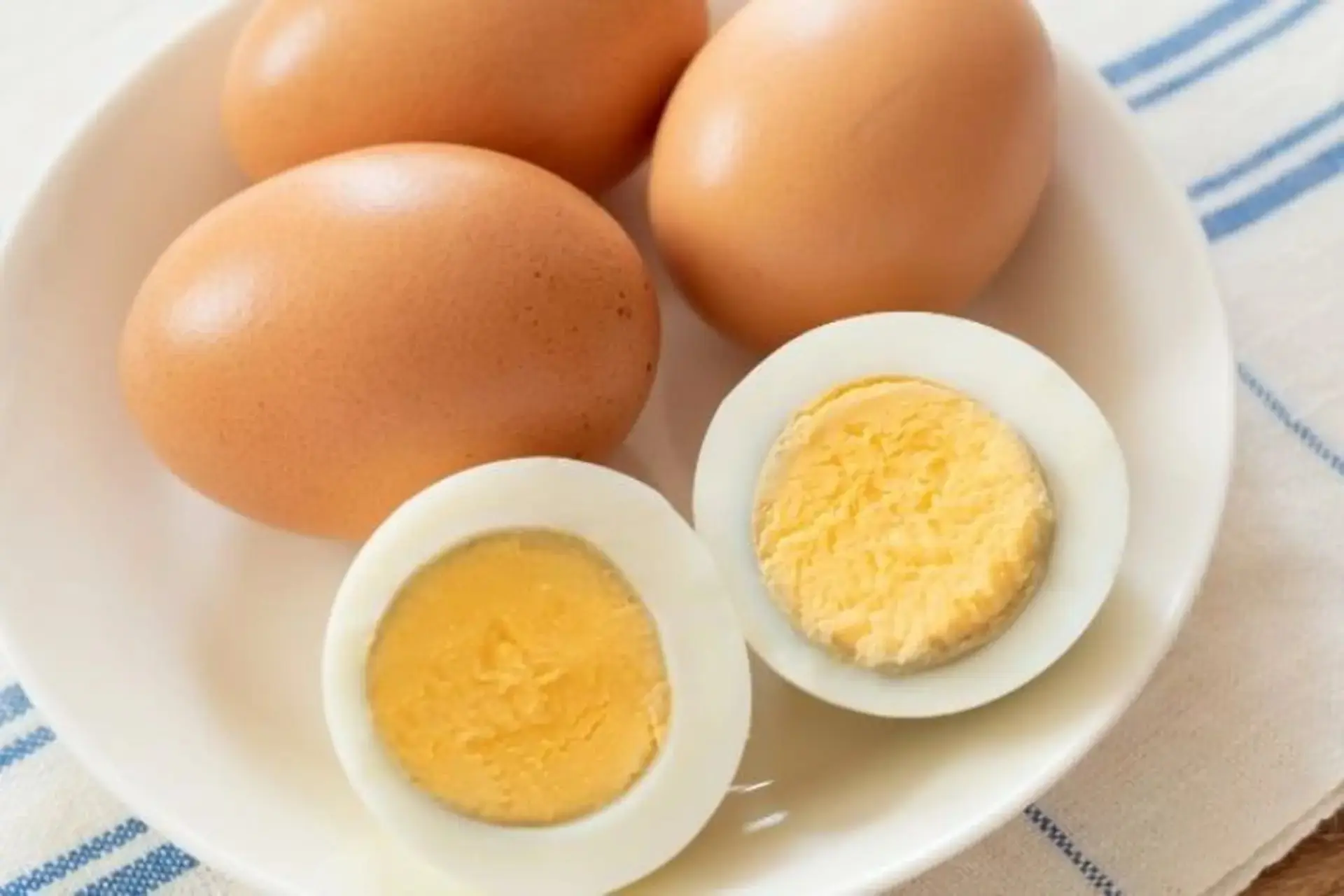
Your Body Will Change In Unexpected Ways When You Eat 2 Eggs Daily
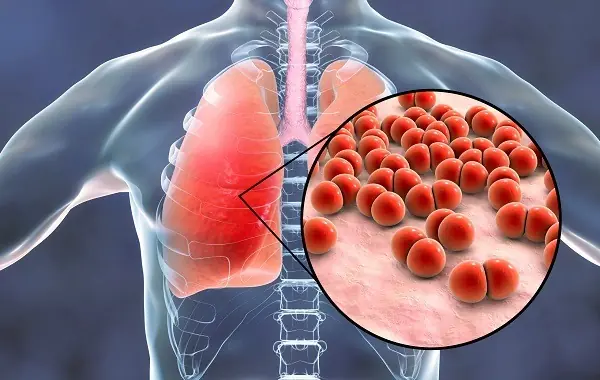
Lung Disease Starts Silently – Spot These Early Signs Before It’s Too Late
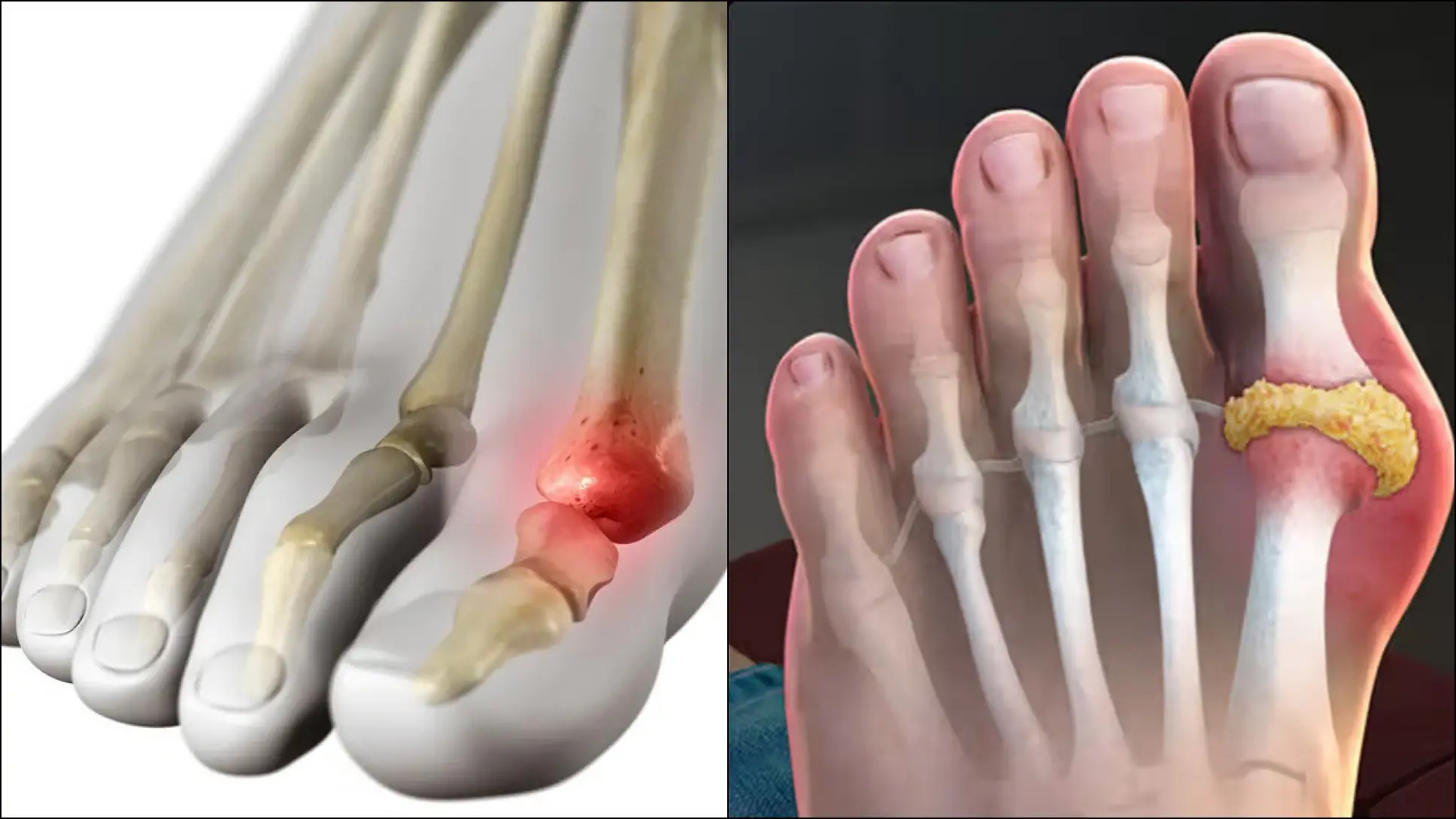
HOW TO QUICKLY REMOVE URIC ACID CRYSTALLIZATION FROM YOUR BODY TO PREVENT GOUT AND JOINT PAIN
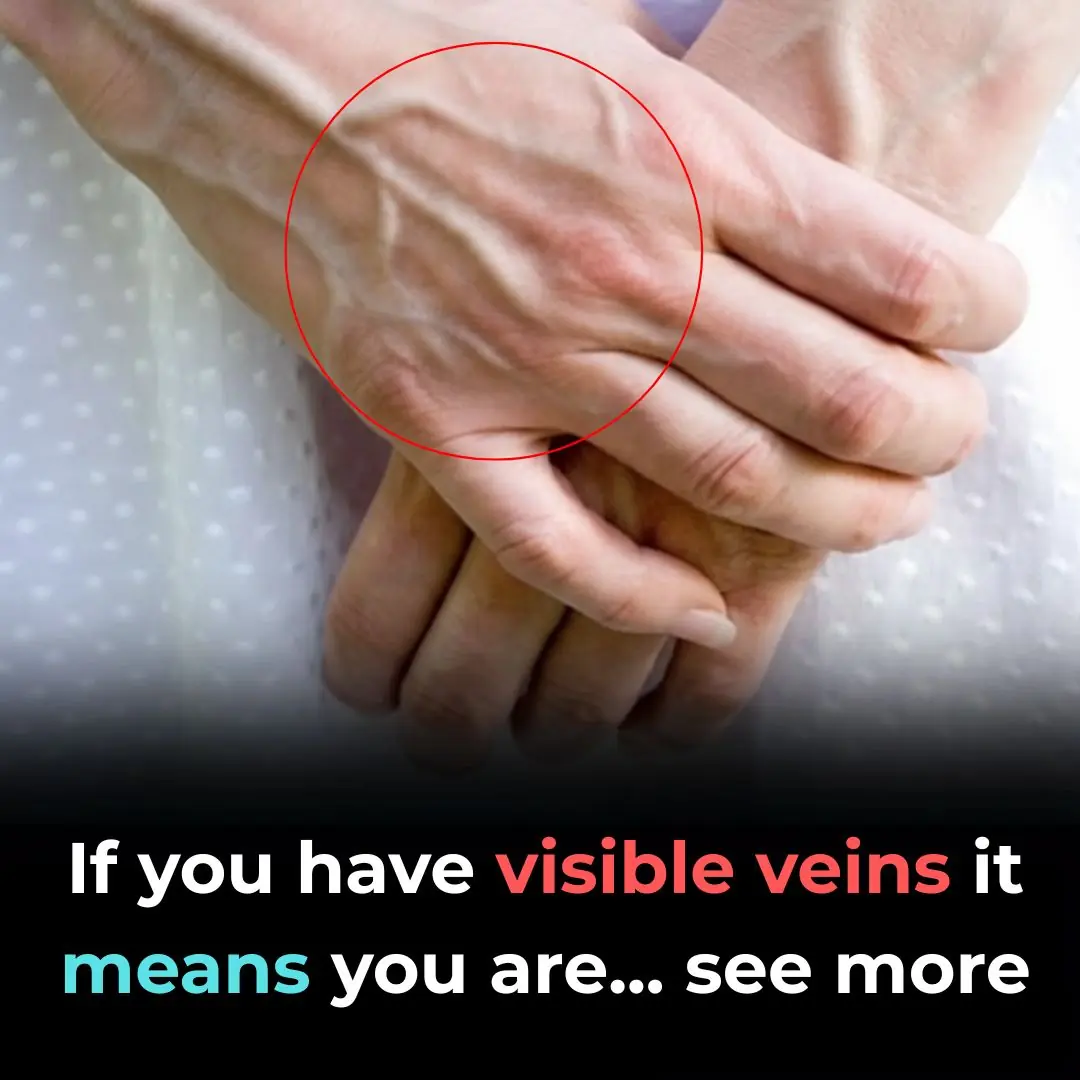
When to Worry About Veins That Appear Out of Nowhere
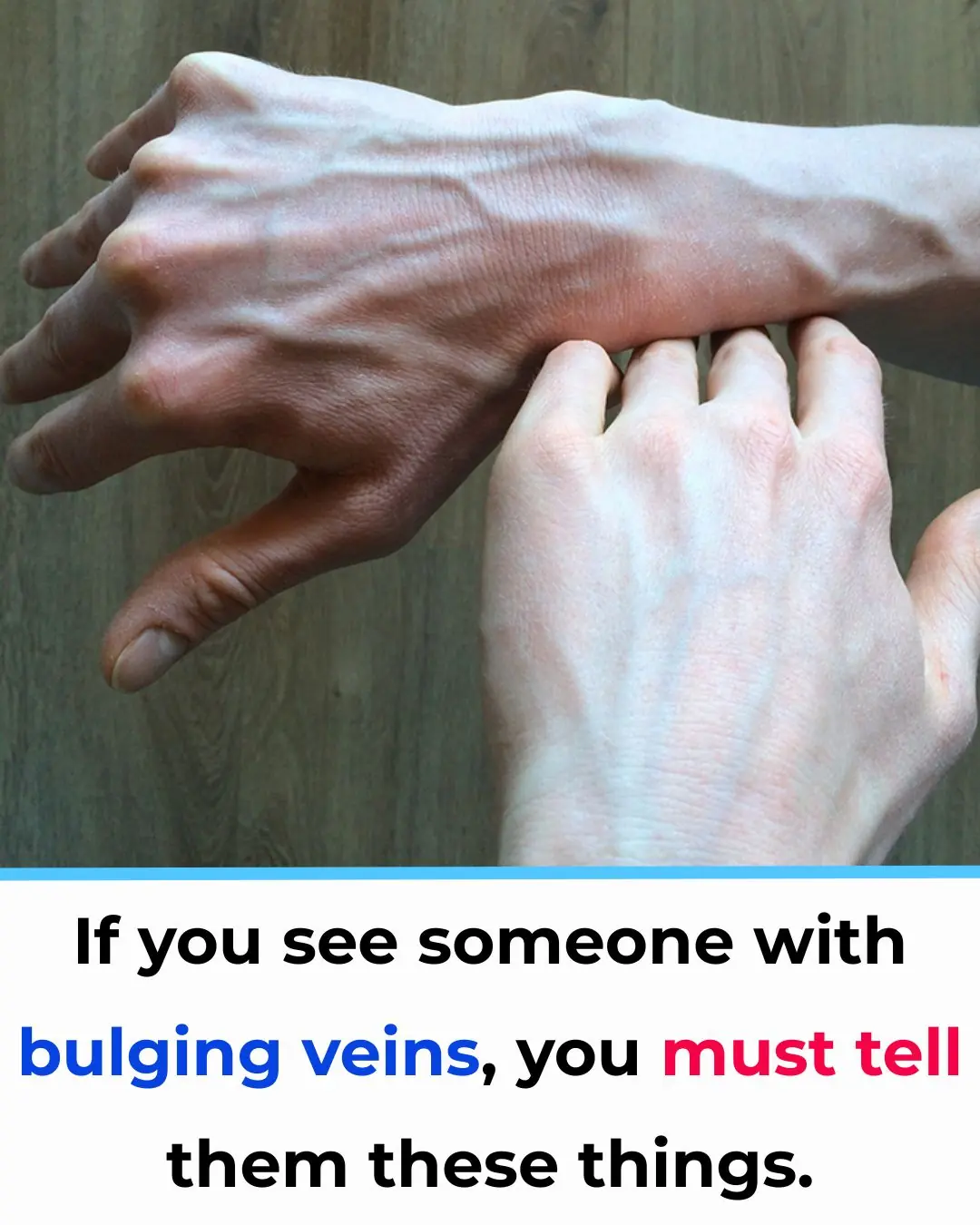
If You See Someone With Prominent Blue Veins, You Definitely Need to Tell Them This—It Could Save Their Life
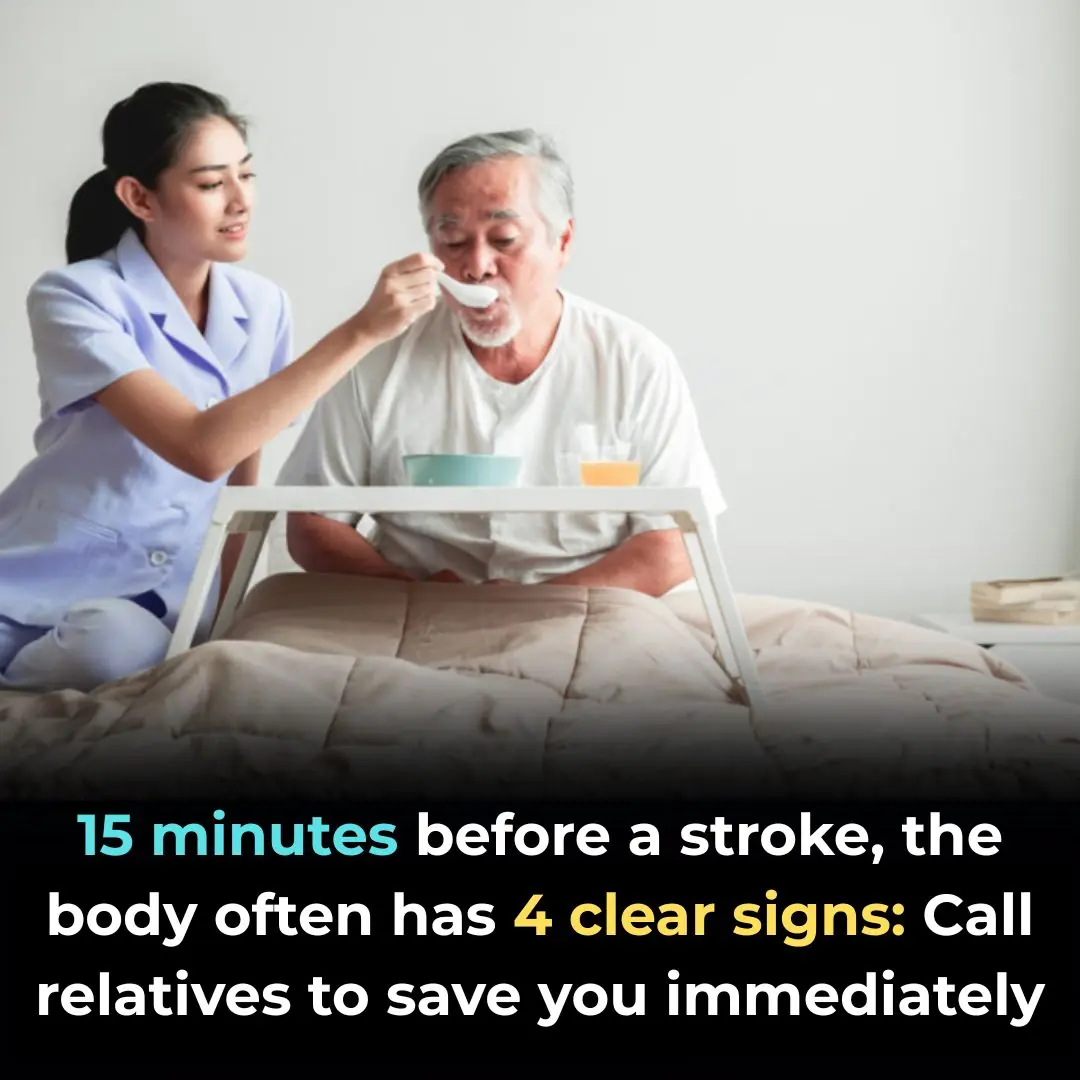
4 Clear Signs That Appear 15 Minutes Before a Stroke: Call for Immediate Help

Alarming Study Links Eating Ramen Often to Early Death

3 Ways to Stop Acid Reflux Naturally
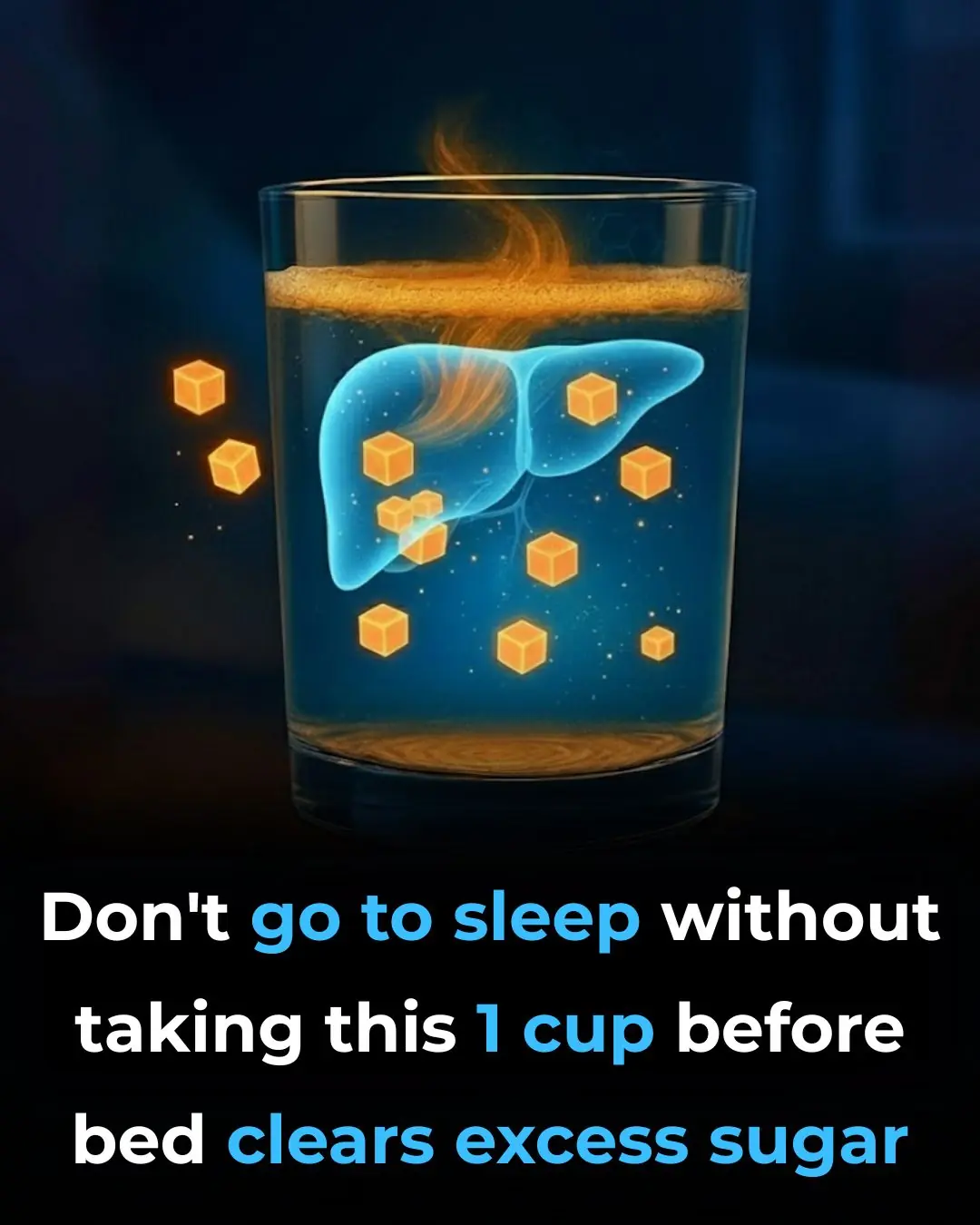
Don’t go to sleep without taking this — 1 cup before bed clears excess sugar
News Post

Growing Wildflowers: A Mother’s Journey Through the Chaos

The Baby in Princess Diana’s Arms
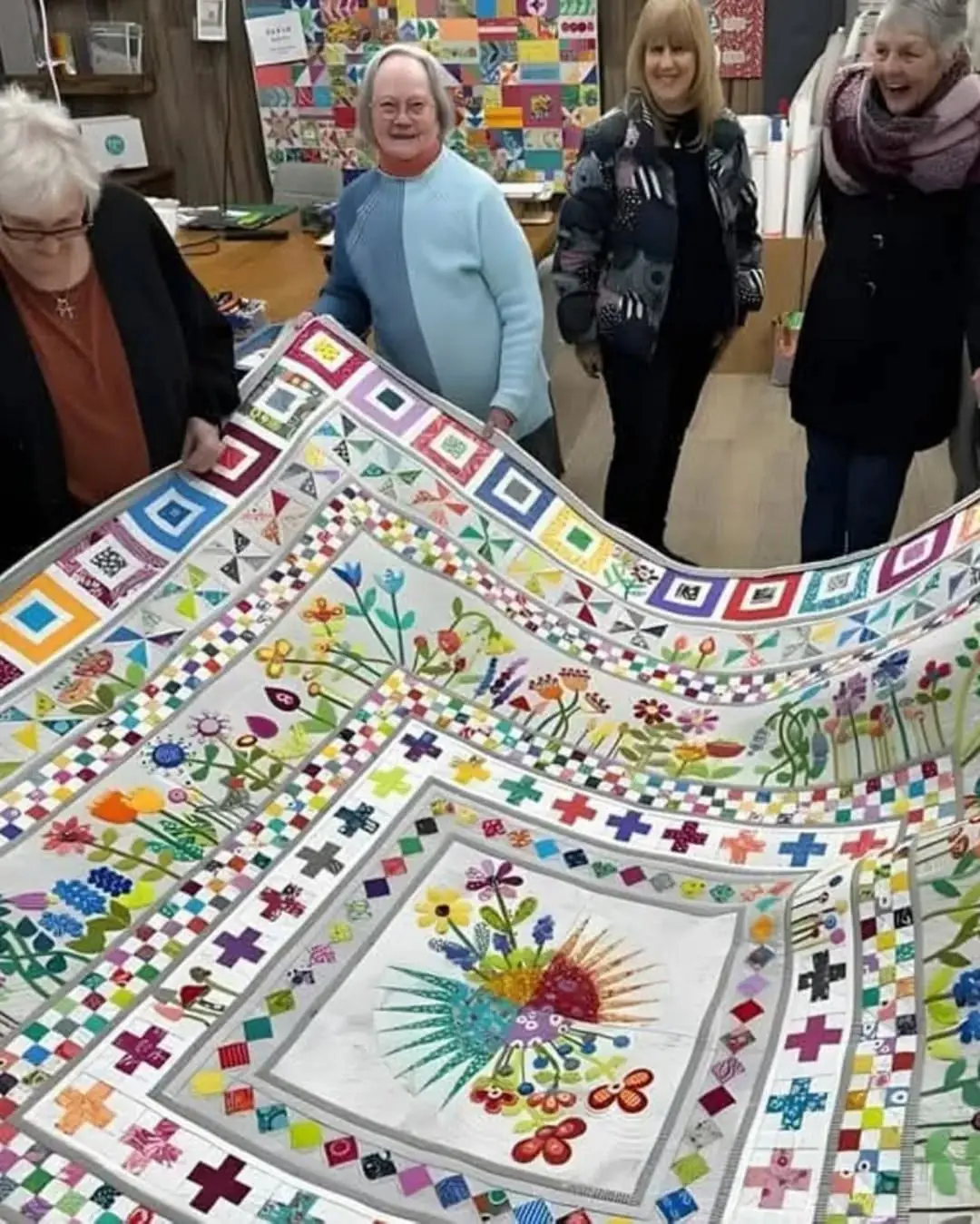
A Lifetime in Bloom: Lois Shows Us What Passion Truly Grows

Farewell to a Giant Soul: Vatsala the Elephant Passes at 100
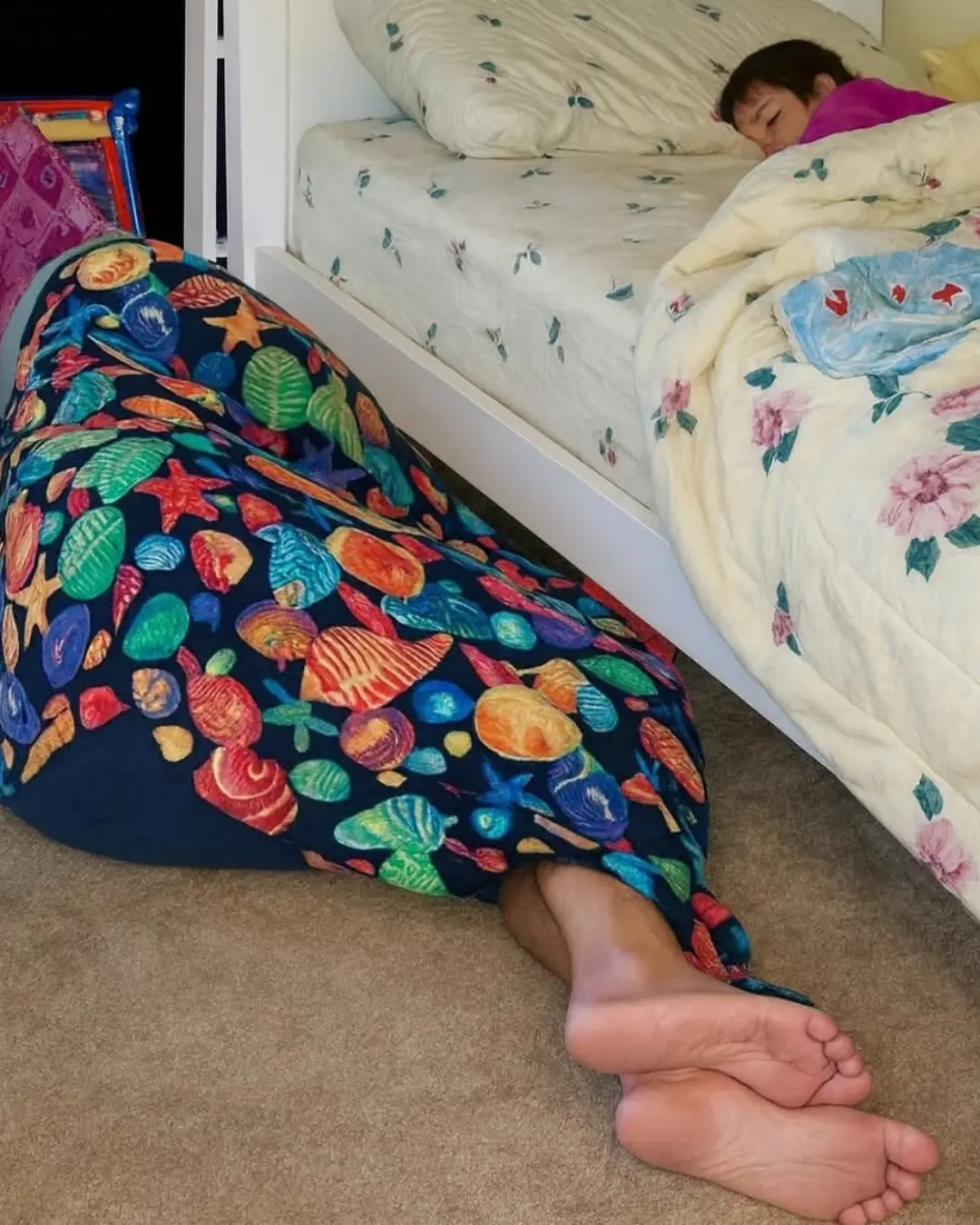
Keeping the Monsters Away: The Quiet Heroism of Foster Parents
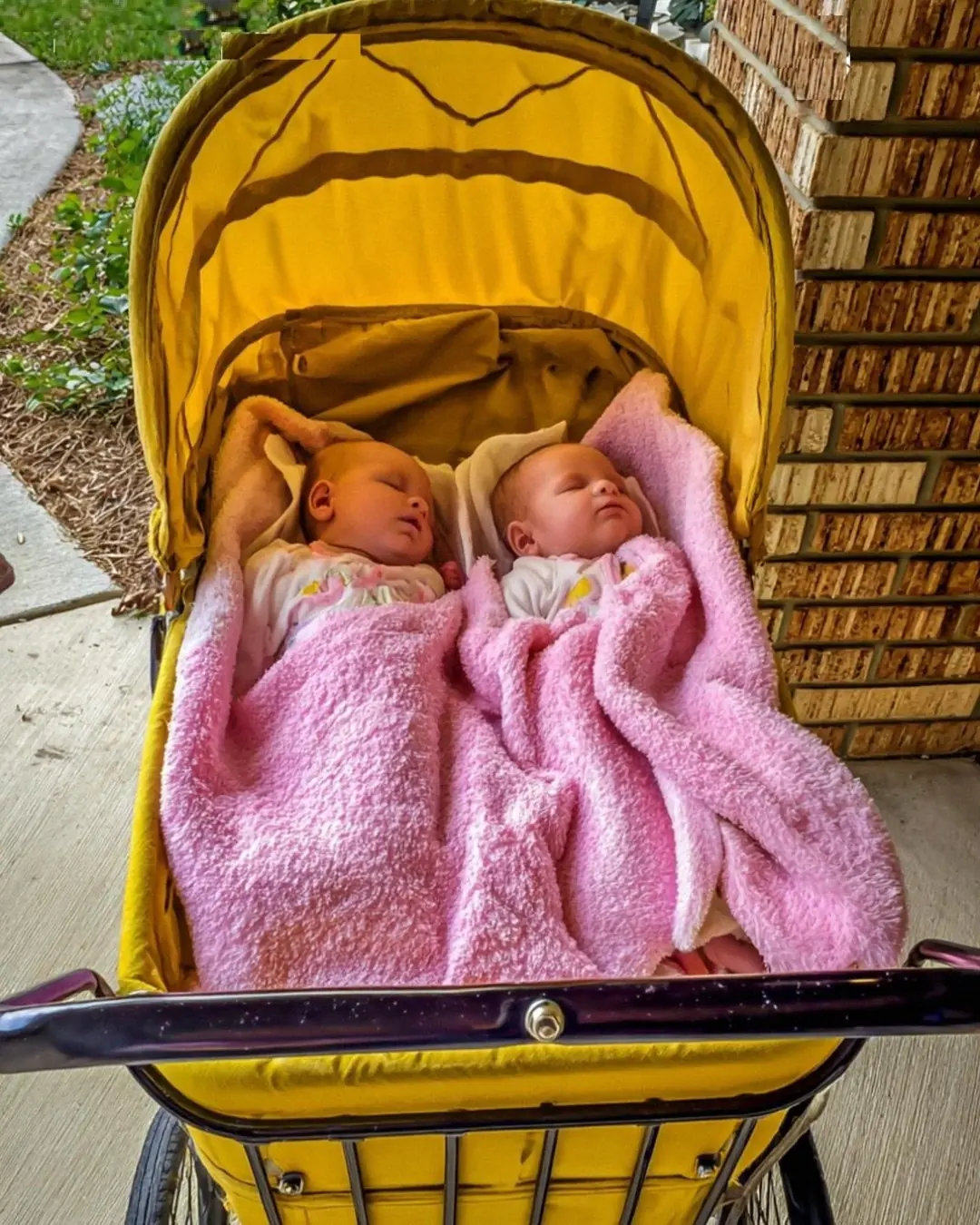
From Sidewalk to Forever: A Daughter’s Choice That Changed Everything

A Thirst for Life: Cyclists Halt Ride to Save Parched Koala in Australia’s Heatwave

An Actor’s Greatest Role: Morgan Freeman Becomes a Guardian of Strays

When a Celebration Became a Goodbye: A Daughter’s Farewell to Her Faithful Companion

Bella the Hero: How a Pit Bull’s Loyalty Saved a Life
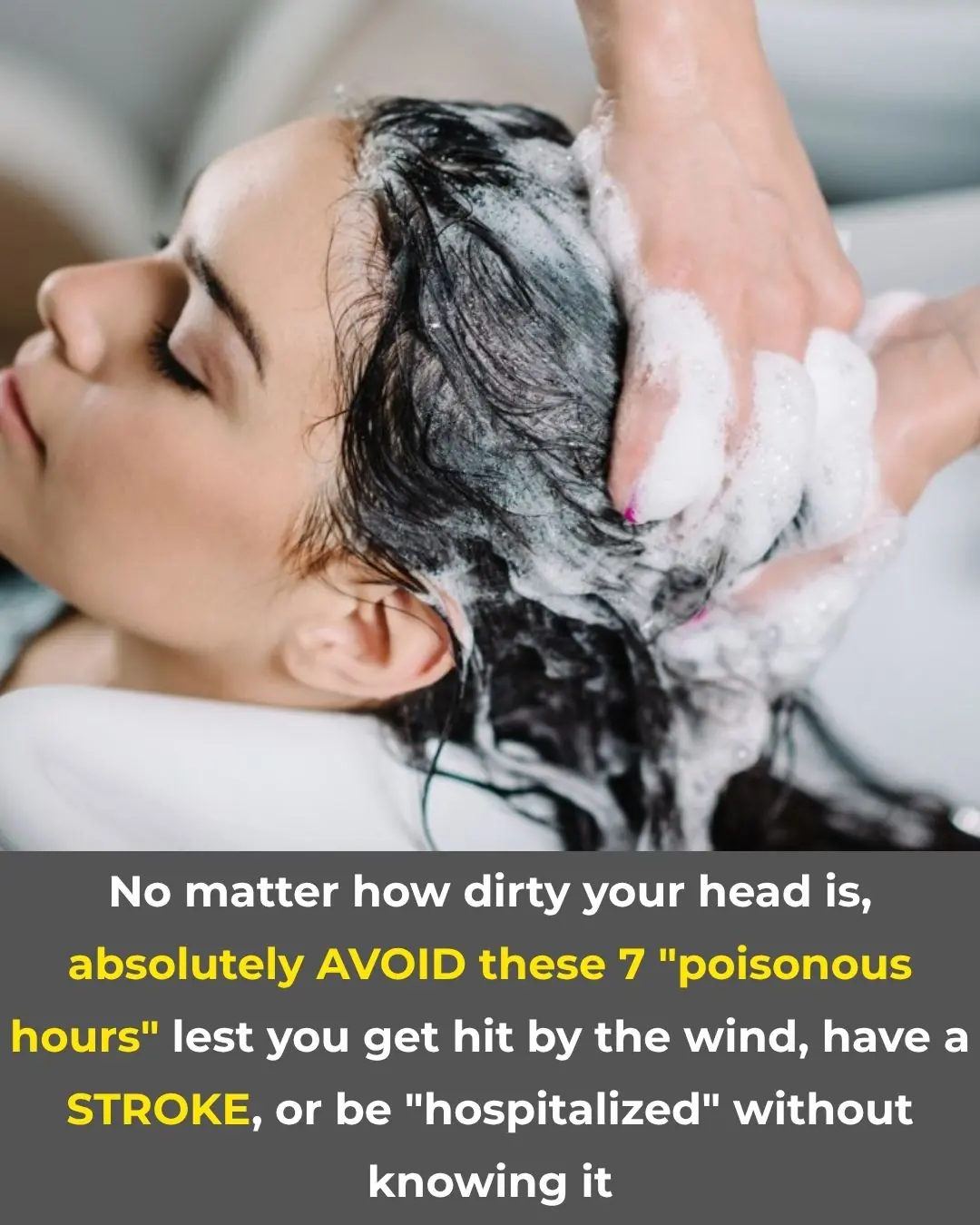
No Matter How Dirty You Are, Absolutely AVOID These 7 “Dangerous Hours” When Washing Your Hair to Prevent Stroke, Sudden Illness, or Hospitalization Without Warning

3 Common Mistakes When Using Plastic Wrap That Can Cause Cancer and Are Often Made by Many People

A Kiss from Joy: The Language of Love Between Elephants and Humans
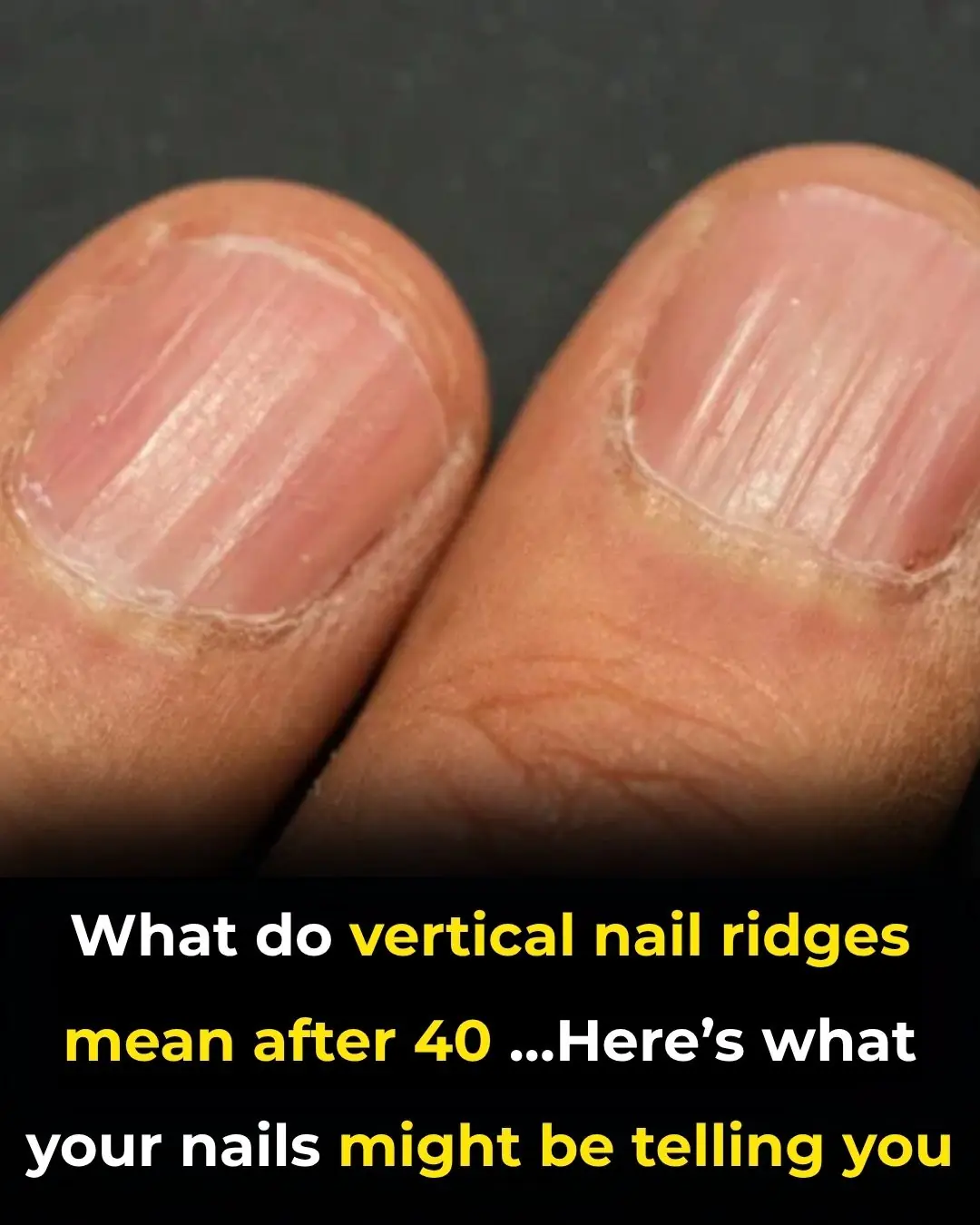
What Do Vertical Nail Ridges Mean After 40

A Brave Fight for Life: Kuba’s Battle Against Ewing’s Sarcoma
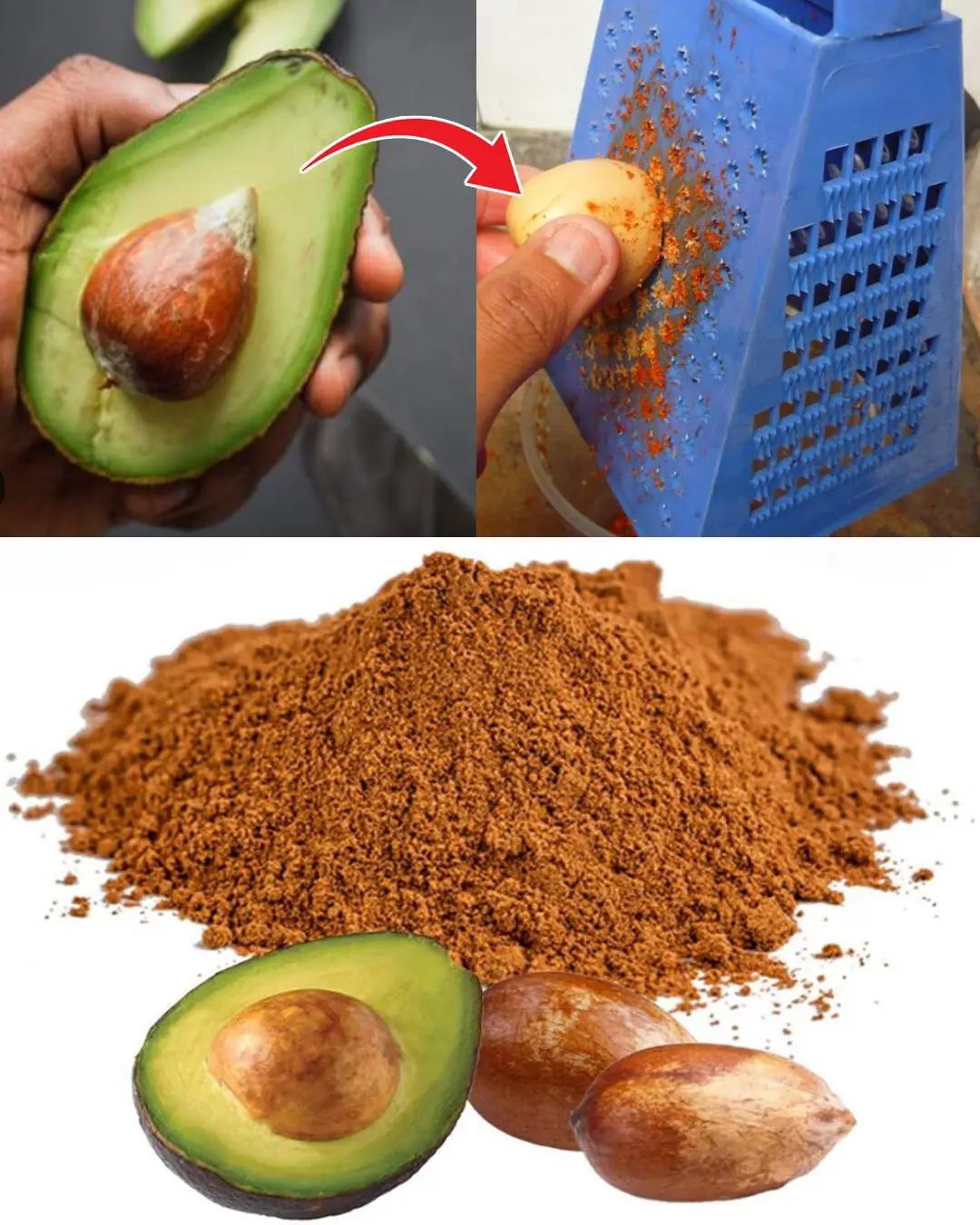
Avocado Seeds Benefits: 7 Reasons to use them

9 Signs You’re Actually Going Through Menopause (Even If You Didn’t Realize It)

Morning Detox Elixir: Olive Oil, Lemon & Ginger – The Natural Cleanse You Need Daily
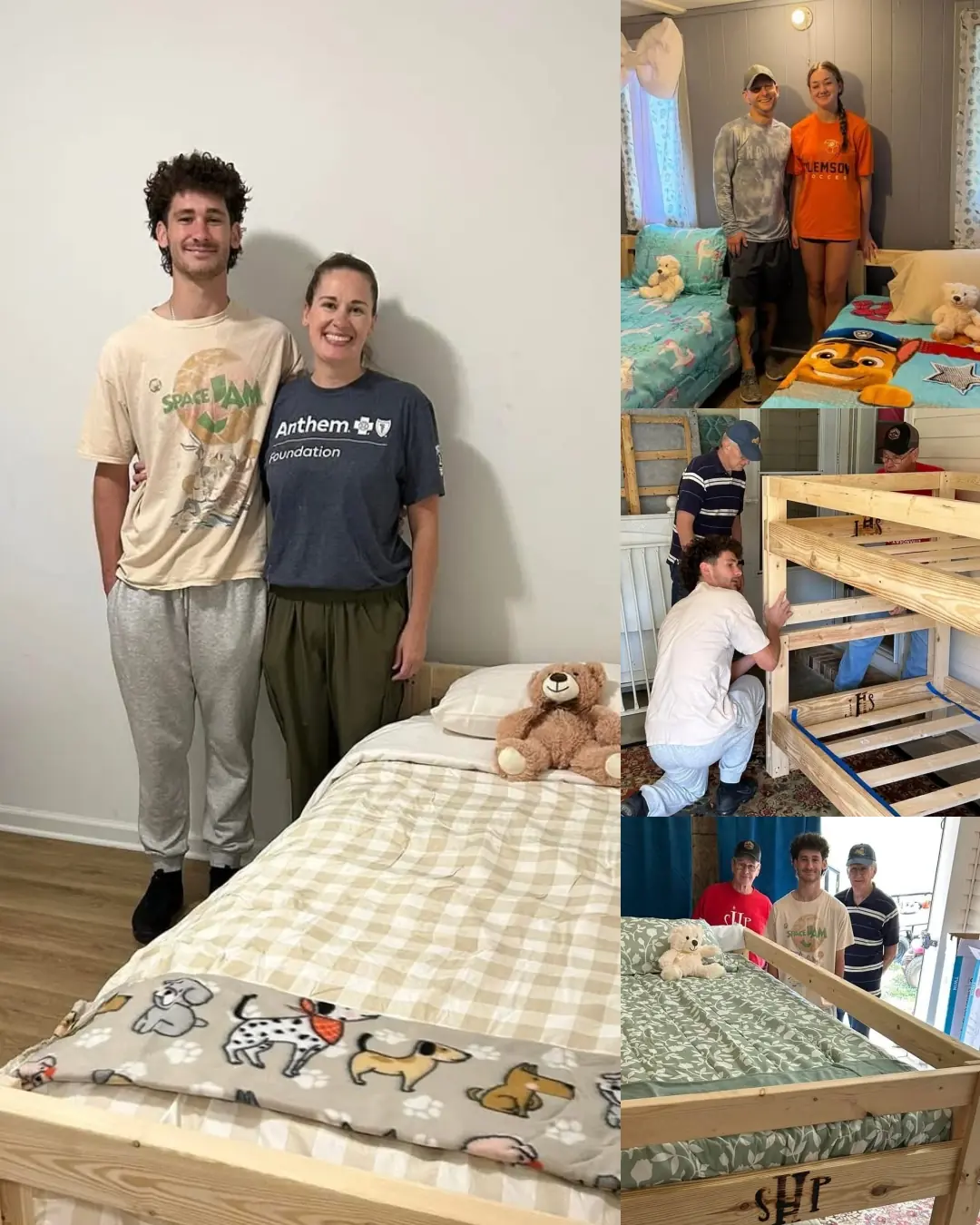
Nine Children in Dawsonville Get the Gift of a Bed, Comfort, and Peaceful Sleep
